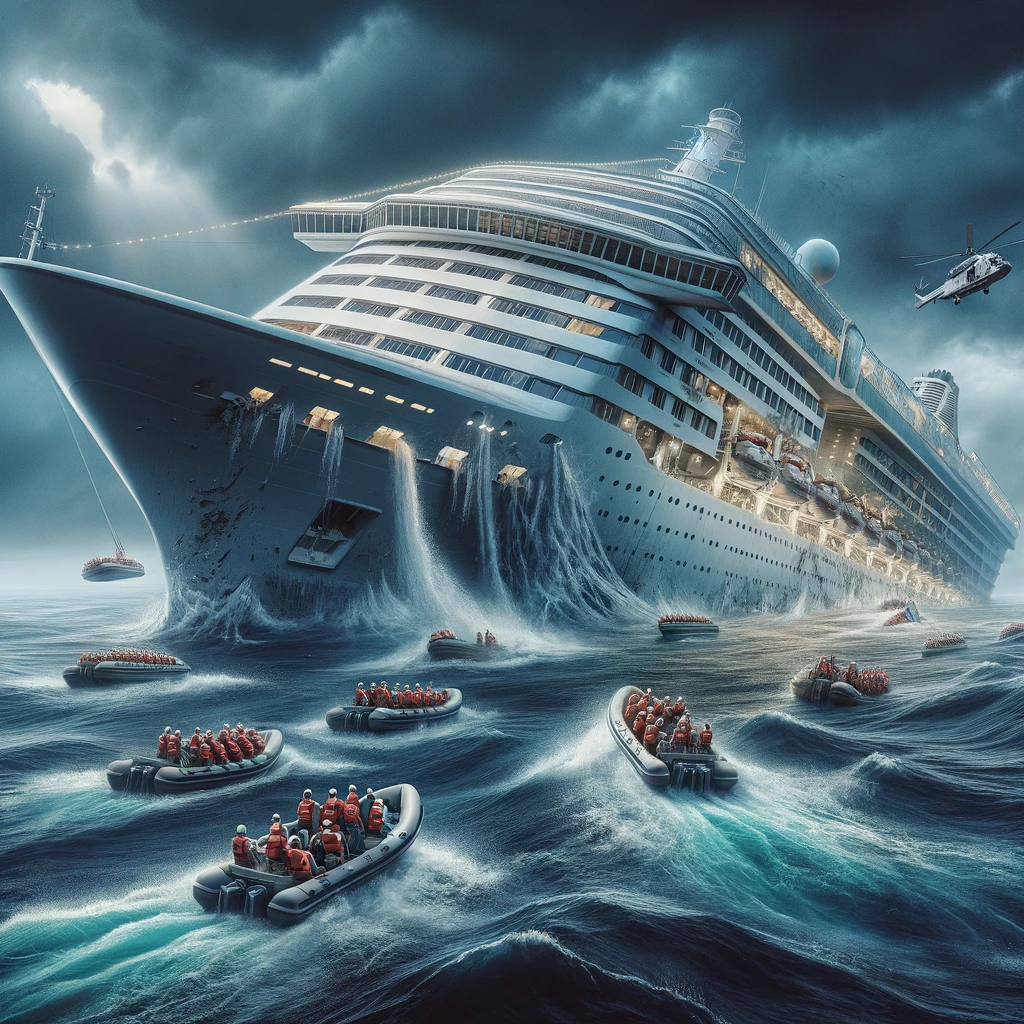The distinction between allision and collision has been recognized and applied by various courts in different jurisdictions.

Some examples of allision and collision cases are:
Bessemer Lake Erie v. Seaway Marine Trans
A notable case involving allision:
A tugboat towing a barge struck a railroad bridge over a river, causing damage to both the bridge and the barge. The court held that the tugboat was liable for the allision, as it failed to overcome the presumption of fault by showing that the bridge was improperly marked or that there was an unavoidable cause.
The court also held that the tugboat could not recover for its own damages, as it was solely responsible for the allision.
Fischer v. S/Y NERAIDA
An example of a collision case:
A sailboat collided with another sailboat during a race in Florida waters. The court applied the COLREGS and found that both sailboats were at fault for violating various rules, such as failing to keep a proper lookout, failing to give way, and failing to avoid collision.
The court apportioned the liability according to their respective degrees of fault and awarded damages accordingly.
The Pennsylvania
A case involving the Pennsylvania Rule:
A steamship collided with a sailing vessel off the coast of New Jersey, resulting in the sinking of the sailing vessel and the tragic death of six crew members. The Supreme Court applied the Pennsylvania Rule, which states that when a vessel violates a statutory rule intended to prevent collisions, it is presumed to be at fault unless it can show that its violation could not have been a cause of the collision.
The court found that both vessels violated various rules and were both at fault, but held that the steamship was more at fault for traveling at excessive speed and failing to take evasive action.
These cases illustrate how courts apply different legal principles and standards to determine liability and damages in allision and collision cases. Allision and collision are not merely semantic distinctions but have significant legal consequences for maritime disputes.
